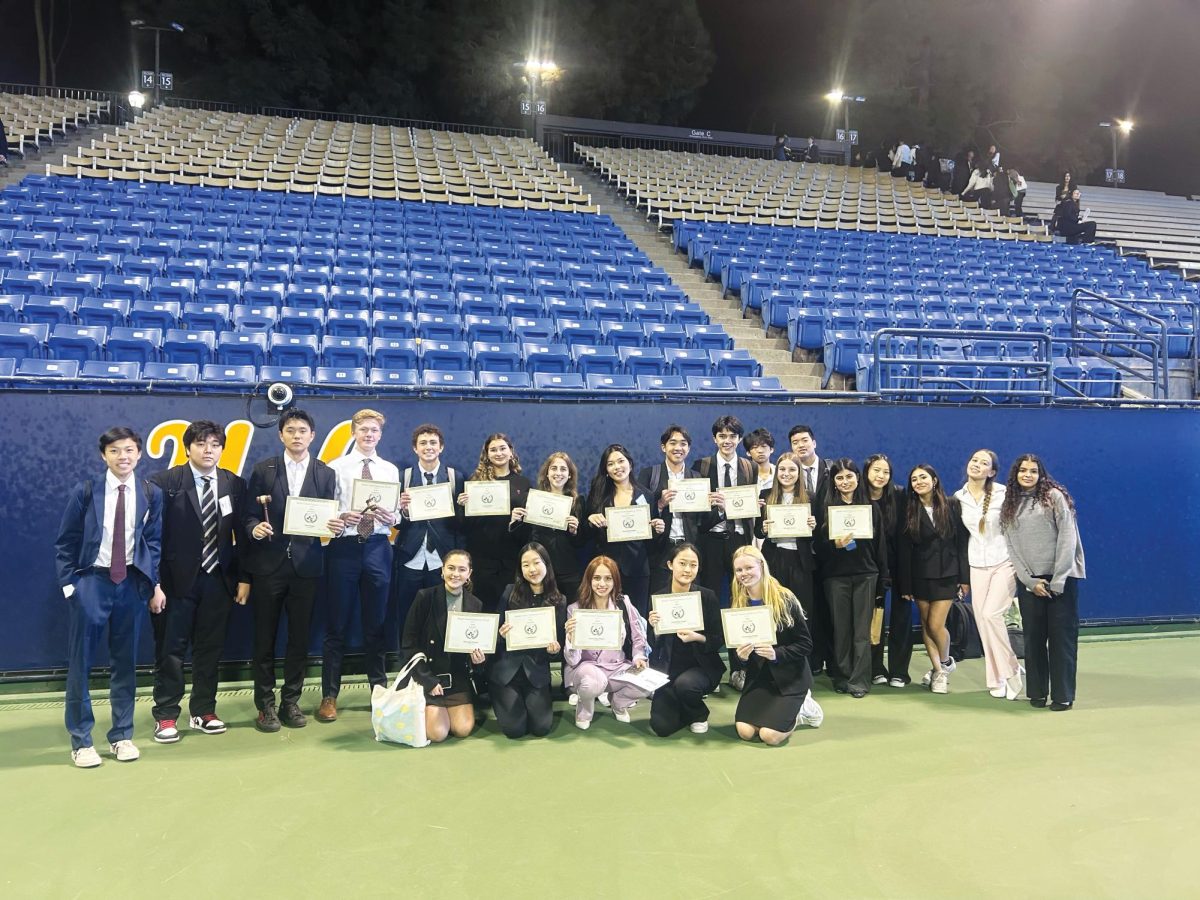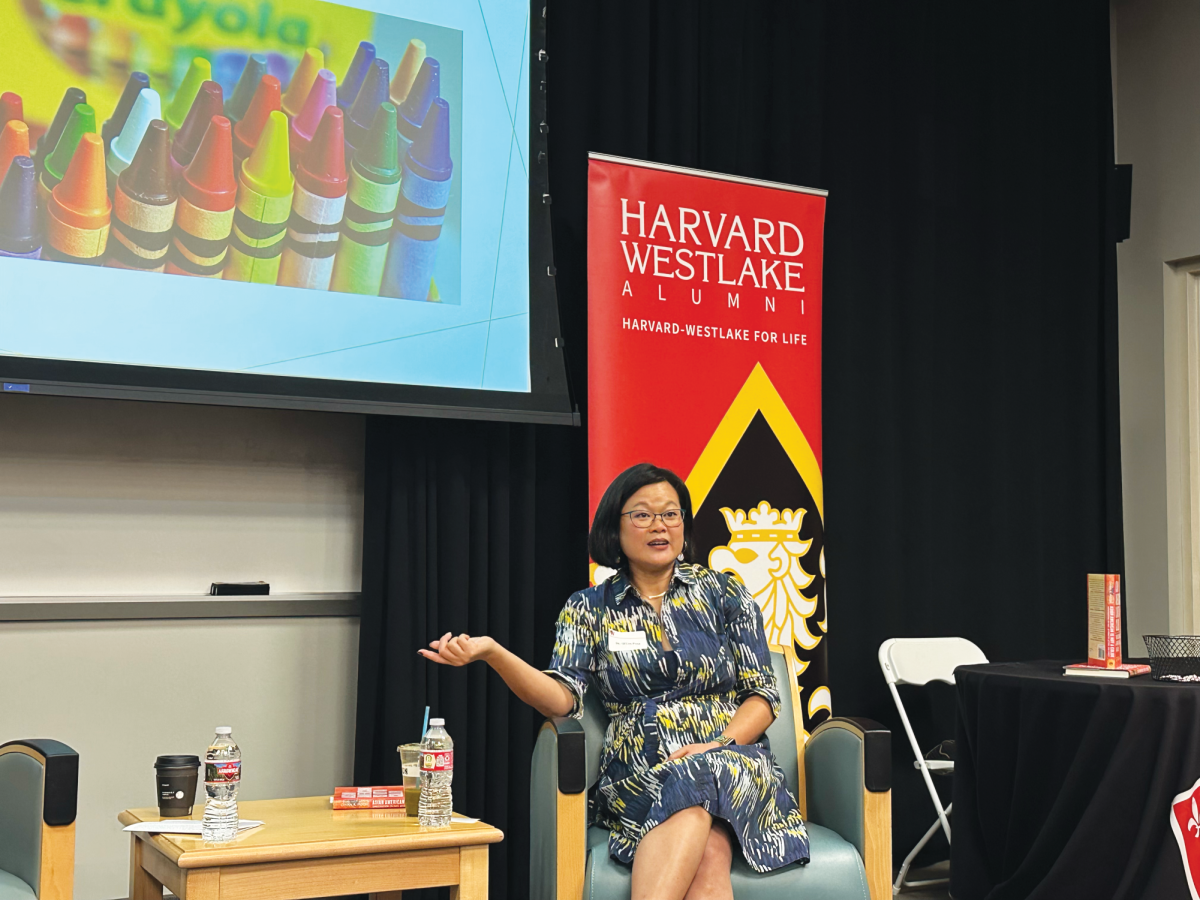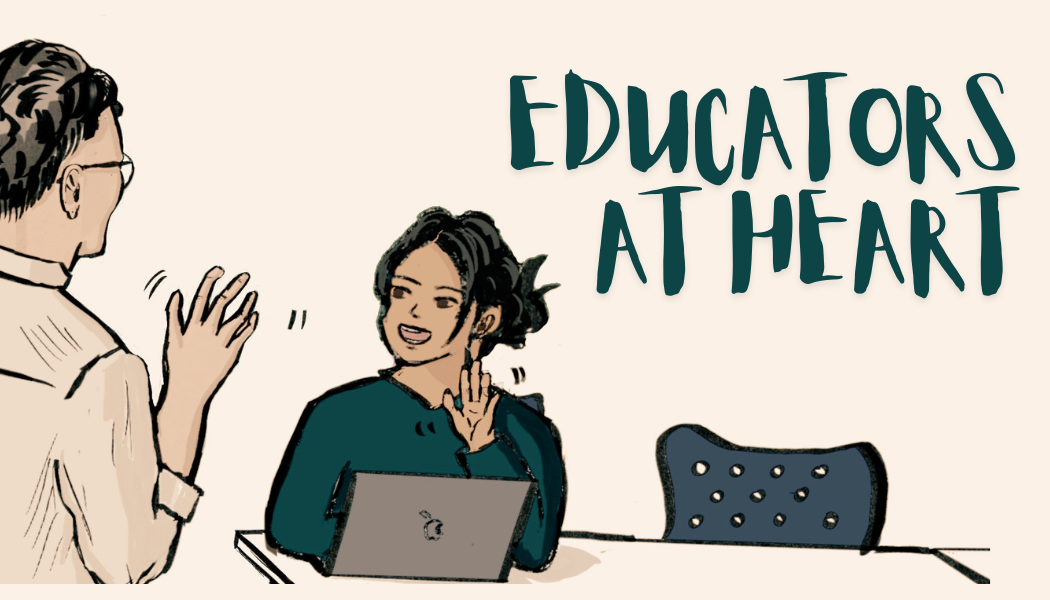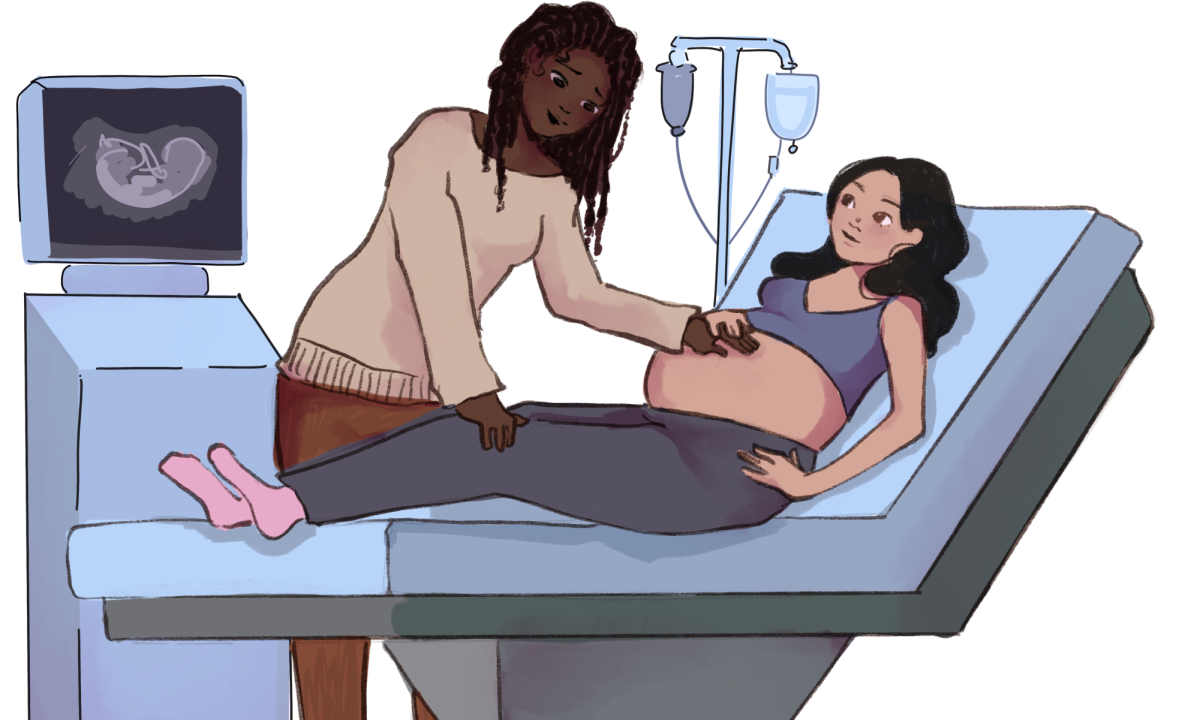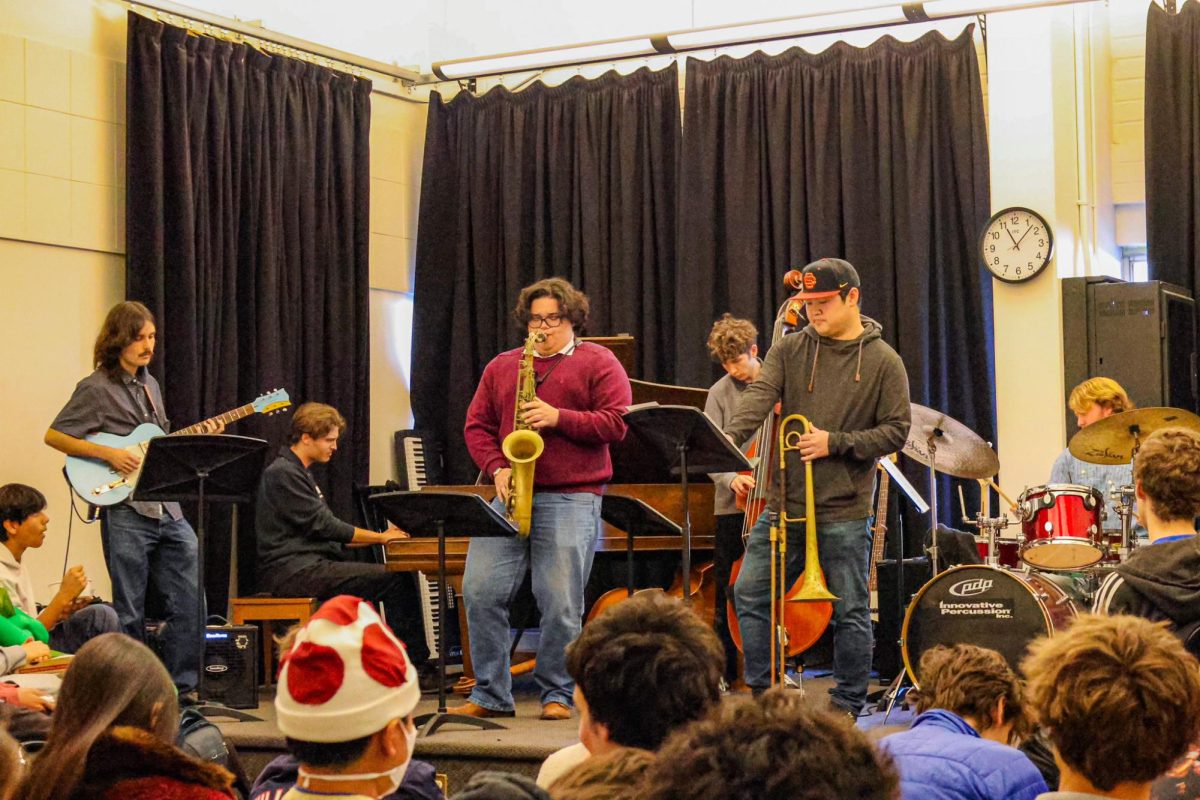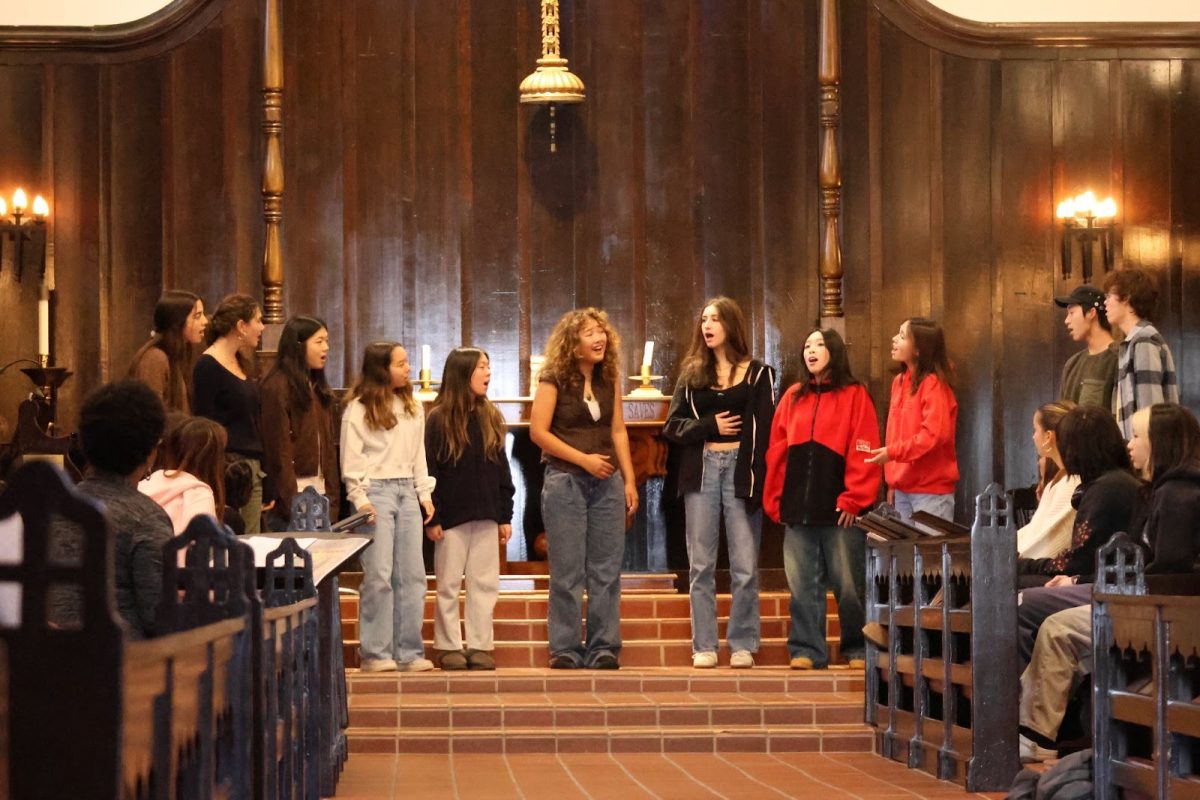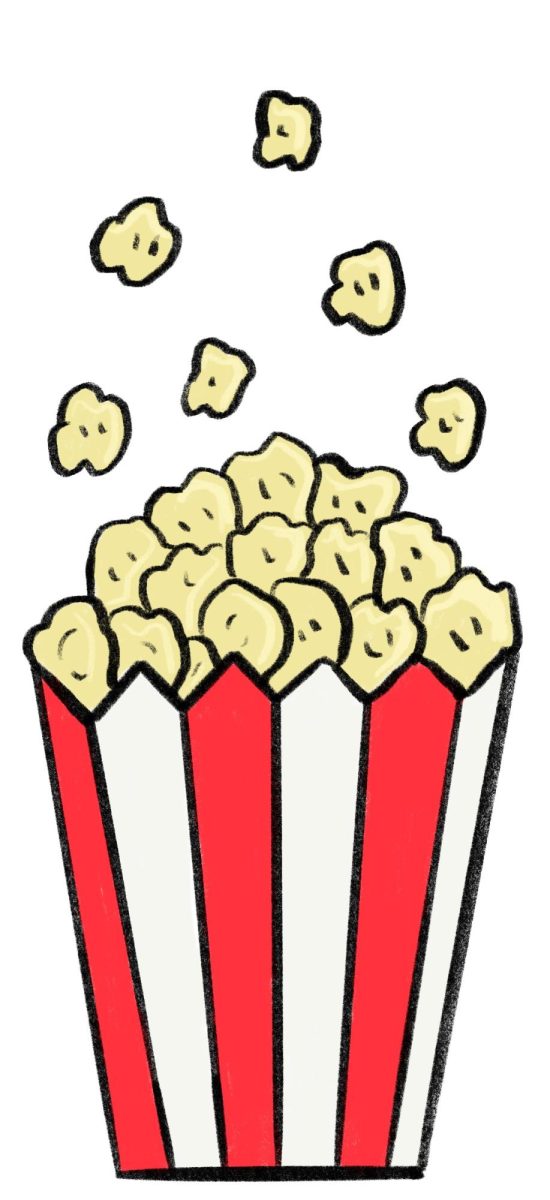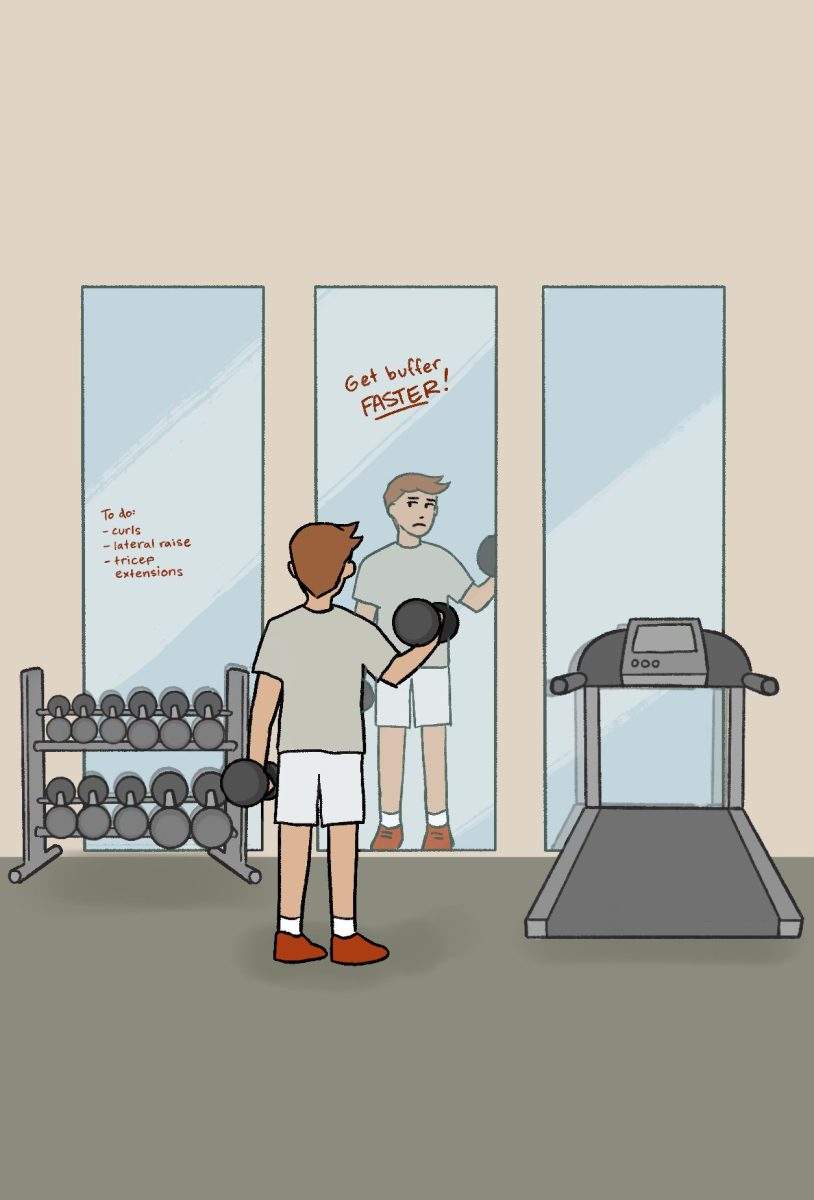By Alex Leichenger
For science teacher David Hinden, a day at the office once consisted of prosecuting accused spies and members of the Mafiaâmen who spent more time behind bars than inside a classroom. Later in his career, he defended them. When Hinden watches “The Sopranos,” he recognizes many of the streets on the show.
“Looking back on it, it seems like the stuff on a television series,” Hinden said. “But when I was doing it, it was just what I was doing.”
While working as an assistant United States attorney, Hinden once wrote a response to the appeal of two young men convicted of spying for the Soviet Union. The story of the case was later made into a movie, “The Falcon and the Snowman,” starring Sean Penn and Timothy Hutton.
Hinden, who now teaches Genetics and Biotechnology as well as Chemistry, developed an interest in law in high school after visiting a cousin who worked at the Justice Department. He felt he could be a successful lawyer after he performed very well on an AP history exam. He attended Yale Law School before beginning work as a federal prosecutor, and eventually as a litigator and defense attorney in private practice.
But he started to realize in the middle of his law career that he wasnât enjoying himself as much as his wife, who was a teacher at Beverly Hills High School.
“I really just got tired of fighting all the time,” Hinden said. He eventually decided to call it quits as an attorney and return to one of his original loves, science. Despite being ready to move on, Hinden said it was hard to leave a higher-paying job when he had a family to support.
“It was hard to make a change,” he said. “You have to make an act of faith youâre going to land on your feet at the end.” But Hinden said he has been able to retain the positive aspects of his legal career by coaching upper school Mock Trial and Moot Court, and is happy with his decision to become a teacher.
“When I think of what Iâve done that is worthwhile I think of teaching before prosecuting cases,” he said.
A handful of other teachers also had visions of lecturing a jury before they had visions of lecturing students. History teachers David Waterhouse and Ken Neisser, librarian Maureen Frank and Varsity Basketball Head Coach Greg Hilliard attended law school before deciding to pursue different career paths.
Neisser graduated from Harvard Law School in 1979 and worked for a Japanese law firm for four years, an entertainment law firm for one year, a corporate law firm for two years and was a literary agent for the next 20 years. In Japan, Neisser helped with international transactions involving companies such as Colgate and Isuzu.
As a literary agent, he lobbied for contracts primarily for television writers. Although no longer technically an attorney, the skills he learned in law school helped with negotiations, he said. Eventually Neisser moved to working more in the nonprofit arena, which connected him more with schools. Neisser recently earned his Masters degree in history from California State University, Los Angeles, and “got the call that he wanted” last April from Harvard-Westlake.
After graduating from Washington and Lee School of Law, Klein did a judicial clerkship for two years and then practiced governmental law in suburban Washington D.C. for five and a half years. However, Klein decided that being an attorney was too much of a “grind.” He ended up coming to Harvard-Westlake to coach basketball and teach history.
Waterhouse enrolled in the UCLA School of Law from 1975 until 1976 due to his interest in some of the undergraduate courses he had taken at UCLA that touched on the subject of the law.
“I had really enjoyed law-related classes in college, but those tended to be related to government and public policy,” Waterhouse wrote in an e-mail. “But I found that the first year of law school was focused on procedural details and business-oriented law, which I did not find very interesting.” Waterhouse dropped out of law school after one year and enrolled in graduate school in history, which eventually led him to his job at Harvard-Westlake.
“Luckily for me, I got this job at H-W in 1981, so I never had to hunt around for temporary college teaching jobs,” Waterhouse said. “I am certainly happy about the way things have turned out.”
Hilliard also tried out law school for one year at Lewis and Clark Law School. He said he entered law school because his father was a successful attorney, but dropped out because his real passion “was working with kids through sports.”
Frank enrolled at the Boston University School of Law after graduating from the University of Illinois with a political science degree. At the time, America was engulfed in the Vietnam War and also in a domestic battle for the expanded role of women in the public sphere. Frank was inspired by the “turmoil” of the time and a desire to be more than just a nurse or a teacher, deemed the most appropriate occupations for women. Plus, she knew her parents would be pleased by her entrance into law school.
But Frank never found much enjoyment in the “hostile, confrontational” aspects of being an attorney. As a librarian, she finds that the environment is better and the work itself is more interesting.
“I donât want people who are only cranky when they come to see me,” Frank said. “The interactions are completely different as a librarian than as a lawyer.” Frank said that she has “zero regrets” about abandoning her career as a lawyer, but that it did provide her with additional knowledge that has benefitted her in the long-term.
“To be educated is always good,” she said. “No matter what you know, itâs useful.”

